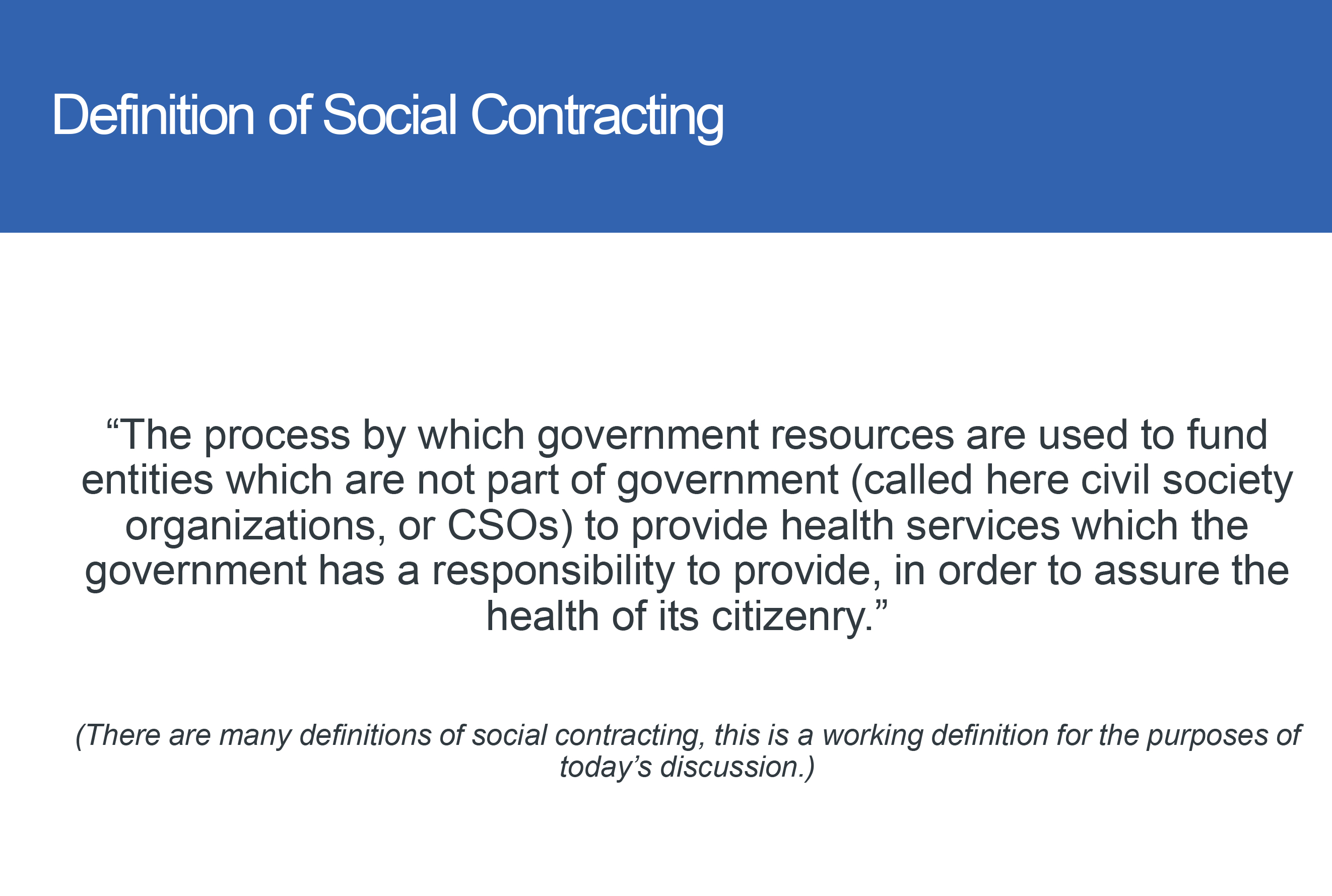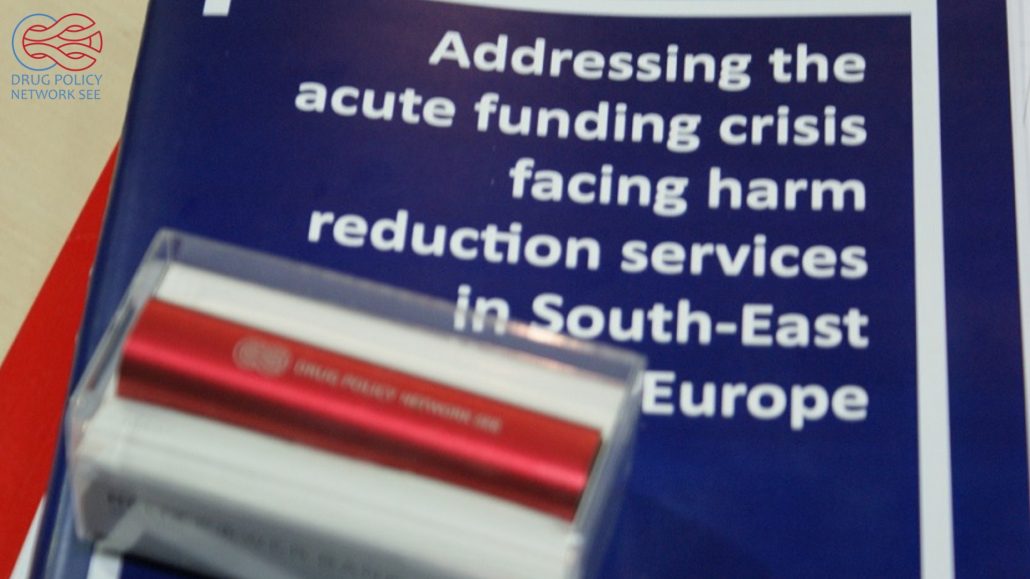The Global Fund to Fight AIDS, Tuberculosis and Malaria has recently published its updated country eligibility list for 2019. The list reflects the eligibility determinations for the year 2019 (a non-allocation year) and is for information purposes only. Allocations are made once every three years following the outcomes of the Global Fund’s replenishment The 2020 Eligibility List will determine which country components are eligible for an allocation for the 2020-2022 allocation period.
 SEE countries affected by changes are Bulgaria, Kosovo*, North Macedonia and Romania. Montenegro and Serbia remain eligible for HIV disease component due to high disease burden.
SEE countries affected by changes are Bulgaria, Kosovo*, North Macedonia and Romania. Montenegro and Serbia remain eligible for HIV disease component due to high disease burden.
Bulgaria and Romania may be eligible for an allocation for HIV/AIDS for non-governmental or civil society organizations if there are demonstrated barriers to providing funding for interventions for key populations, as supported by the country’s epidemiology for the 2020-2022 allocation period.
Kosovo is newly classified as an Upper-Middle Income country based on the latest three-year average of GNI per capita data. As Kosovo’s HIV/AIDS and TB burden are ‘Not High’, both the HIV/AIDS and TB components are now eligible for Transition Funding for the 20202022 allocation period.
North Macedonia‘s HIV/AIDS disease burden classification changed to ‘Low’ in 2018 to ‘High’ in the 2019 Eligibility List, resulting in one determination of eligibility. Country components must be eligible for two consecutive eligibility determinations to be classified as eligible on the Eligibility List.
According to the GF Eligibility Policy “Upper-middle income countries meeting the disease burden criteria, but some may be eligible for an allocation for HIV/AIDS to directly finance non-governmental and civil society organizations, if there are demonstrated barriers to providing funding for interventions for key populations, as supported by the country’s epidemiology. Eligibility for funding under this provision will be assessed by the Secretariat as part of the decision-making process for allocations. As part of its assessment, the Secretariat, in consultation with UN and other partners as appropriate, will look at the overall human rights environment of the context with respect to key populations and specifically whether there are laws or policies which influence practices and seriously limit and/or restrict the provision of evidence-informed interventions for such populations”.
To read full document with the eligibility list follow this link>>>>

















